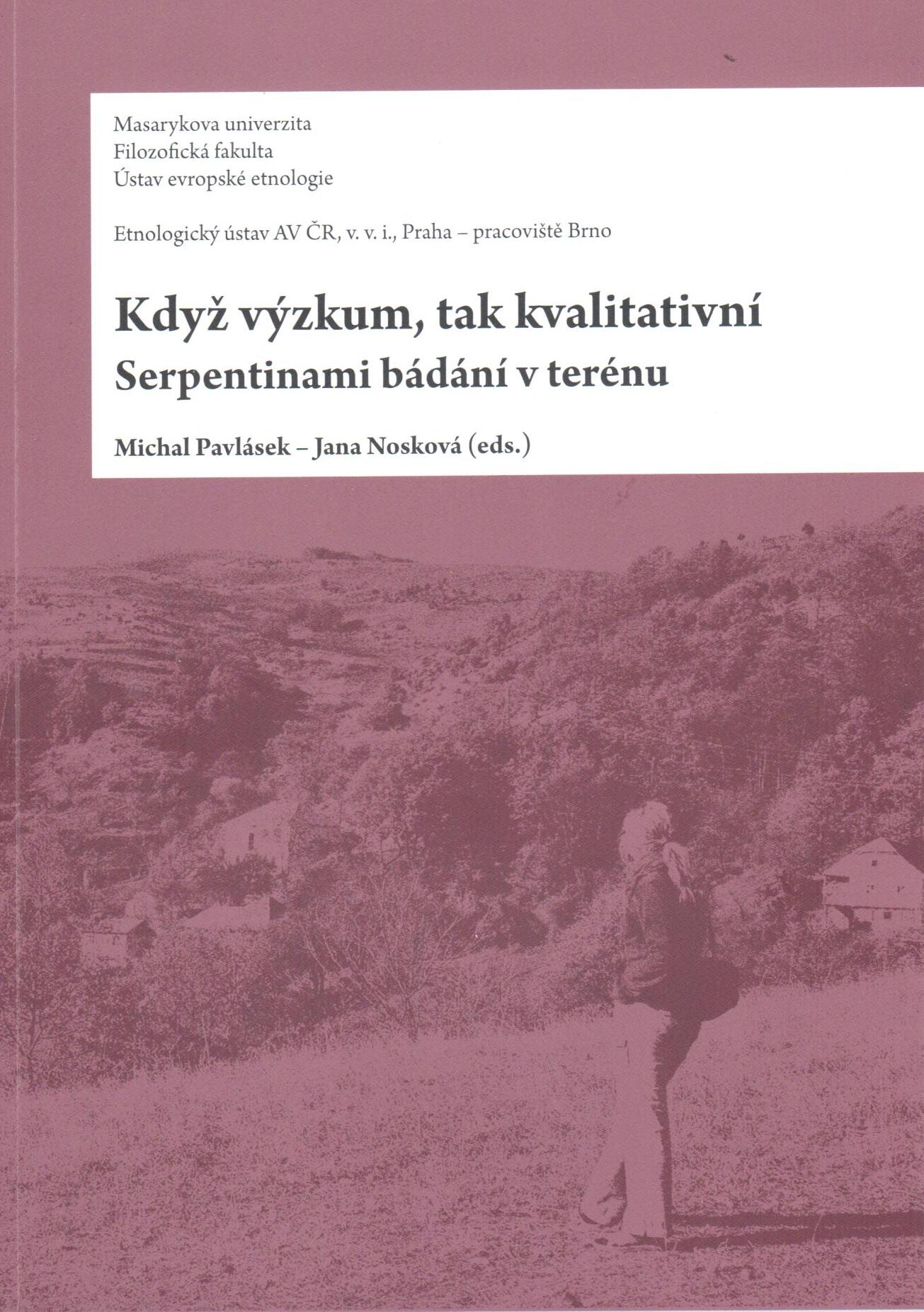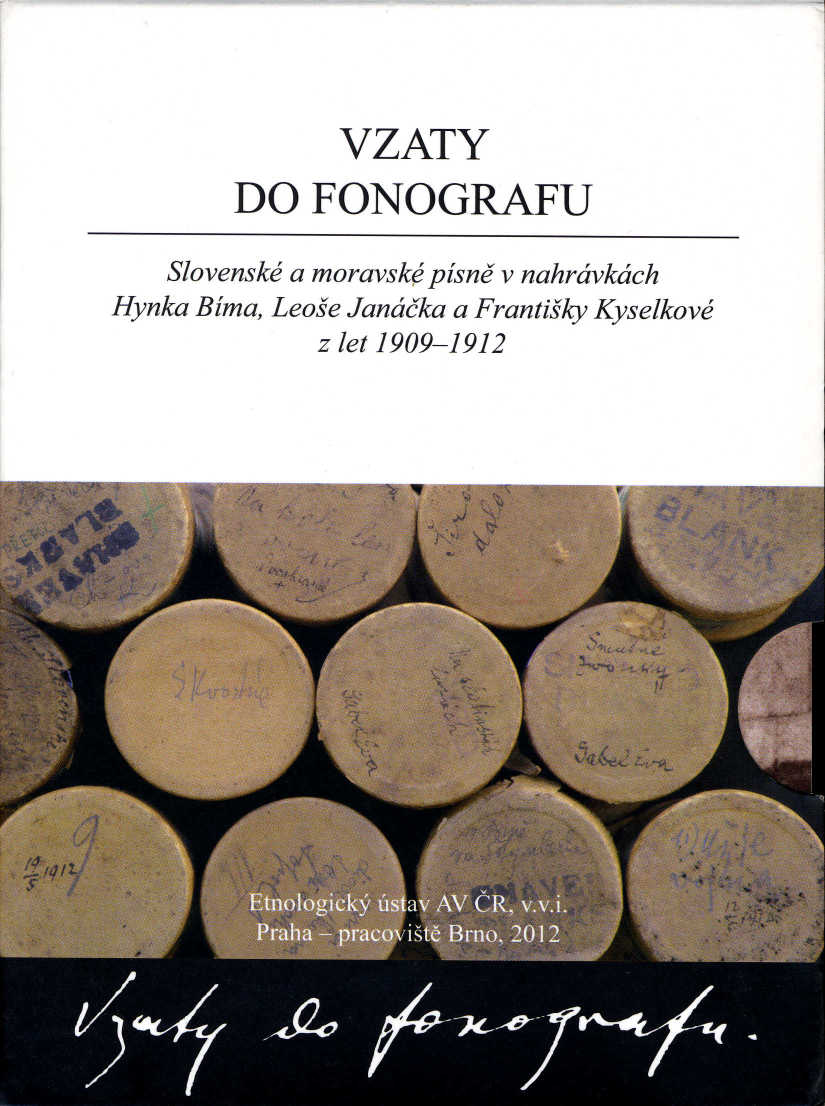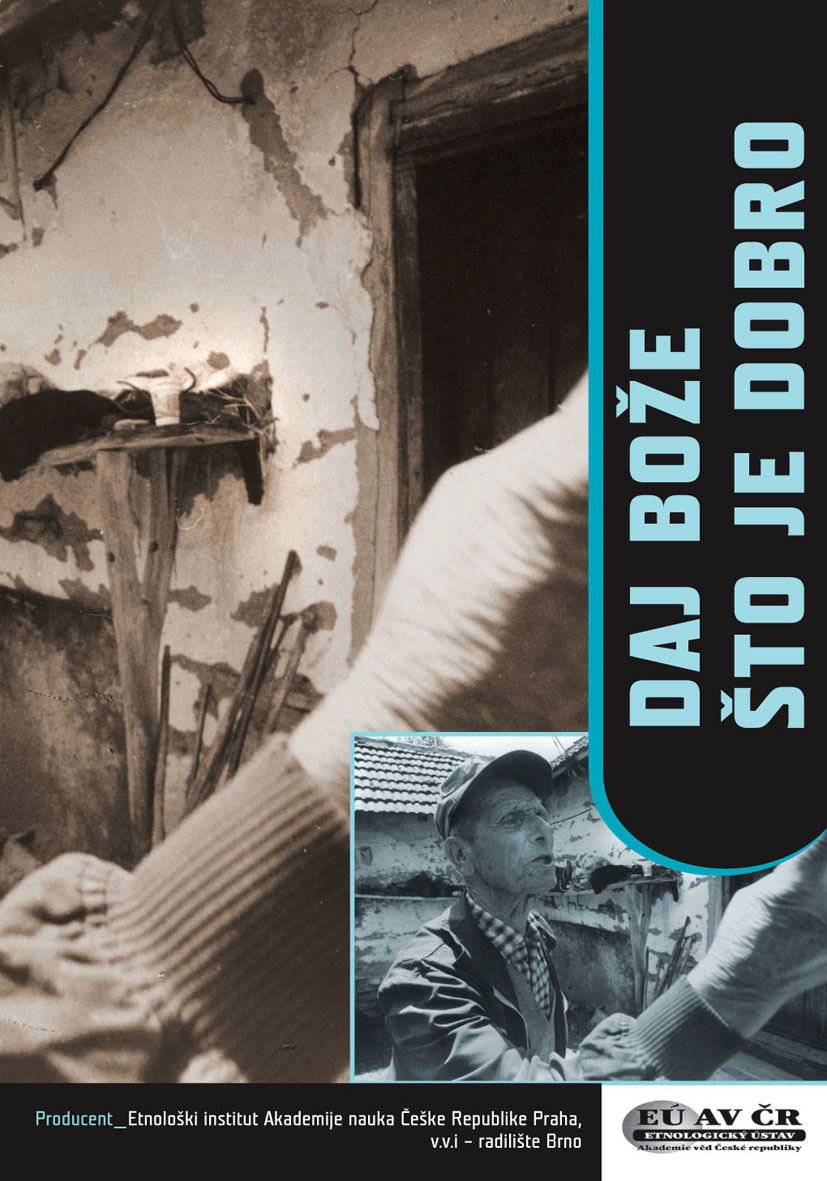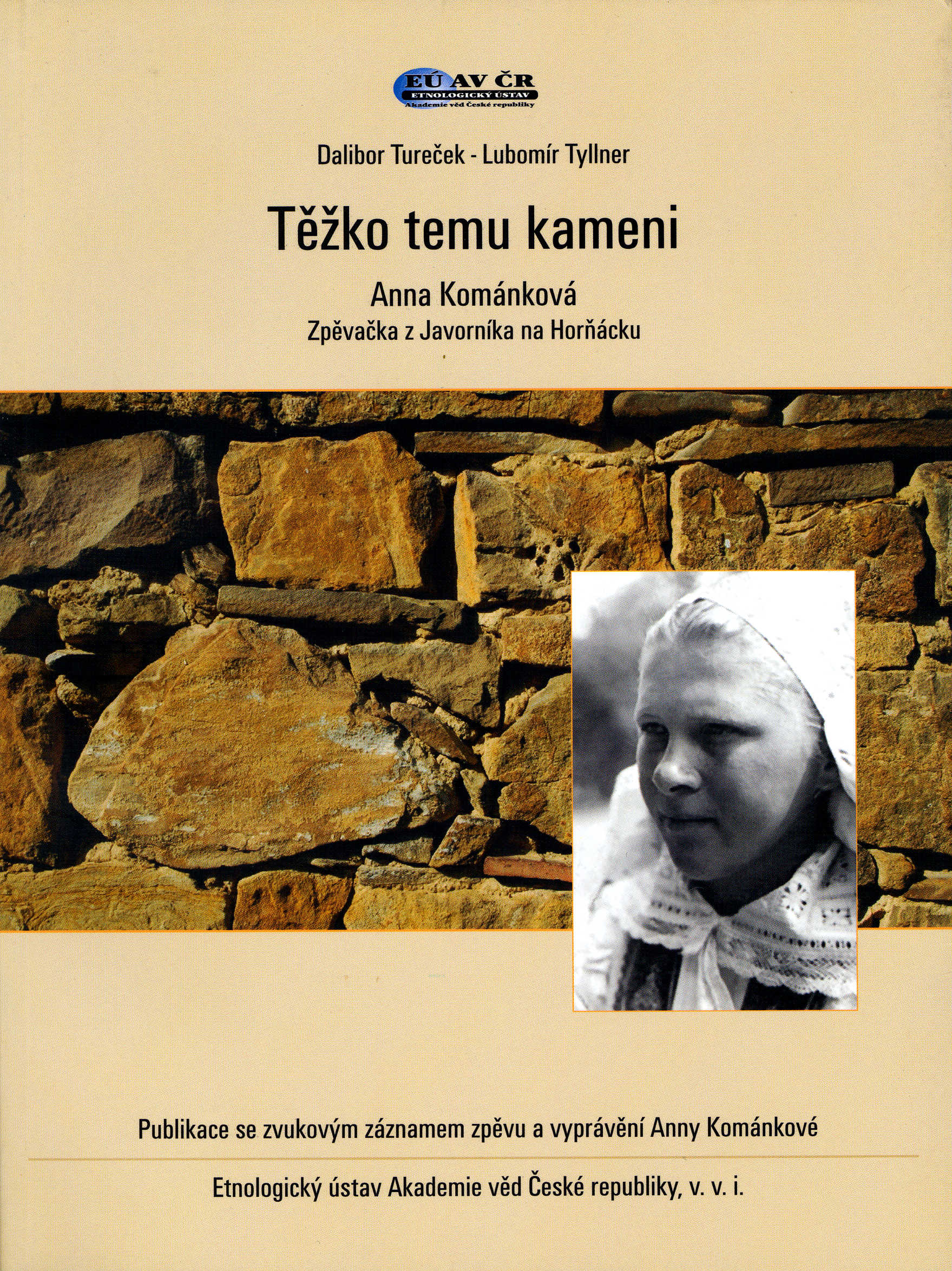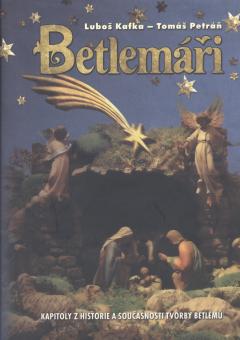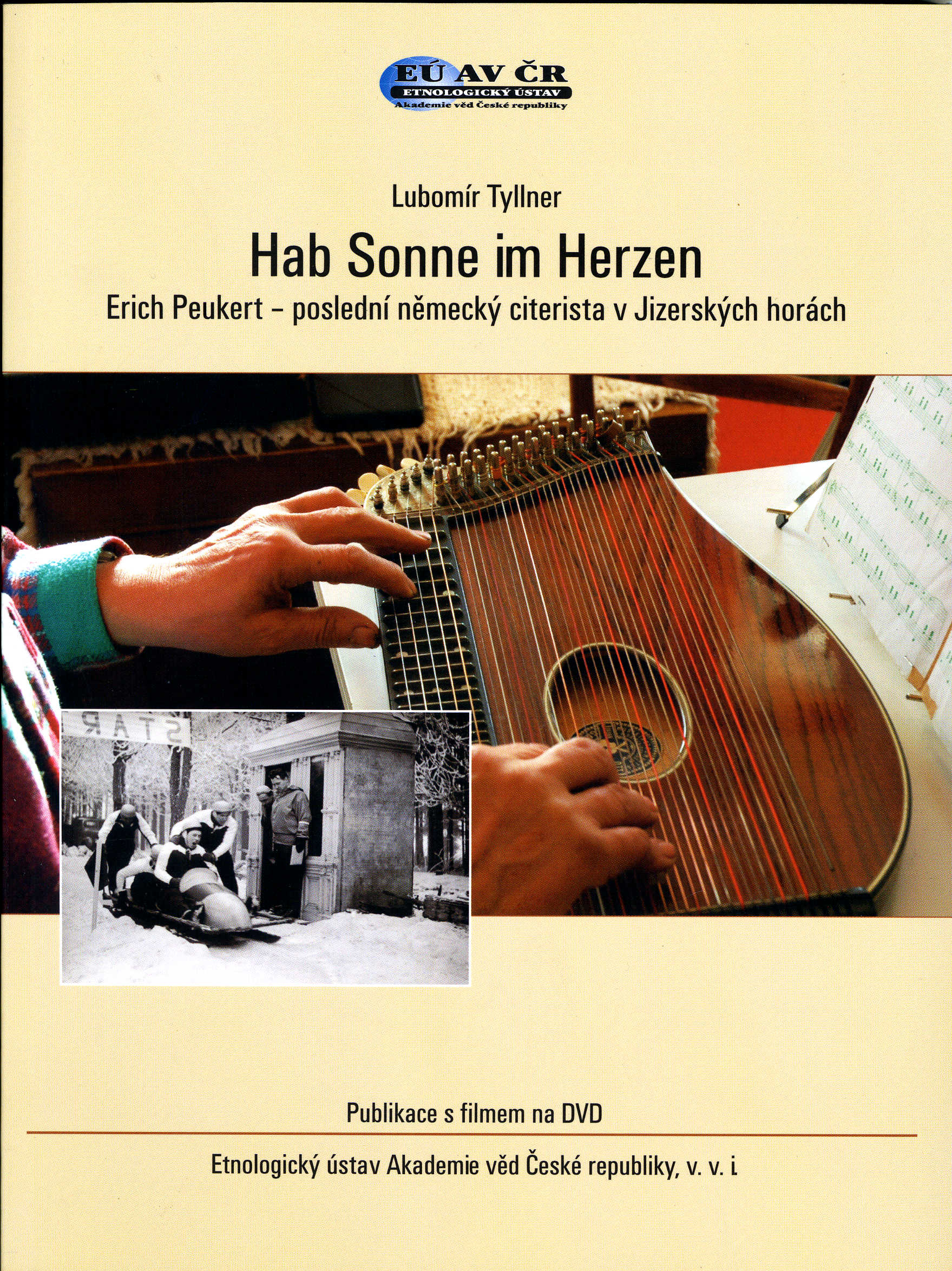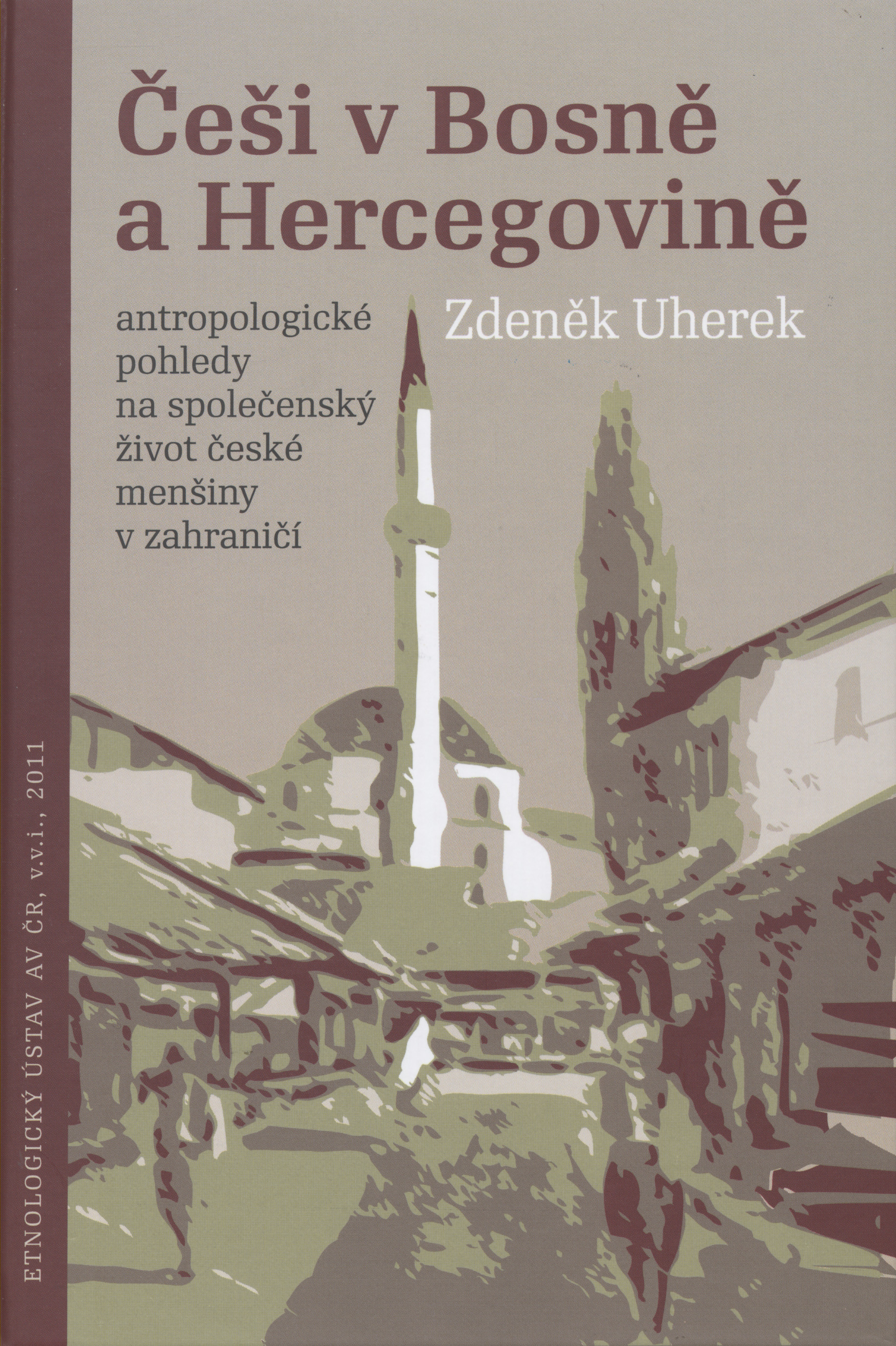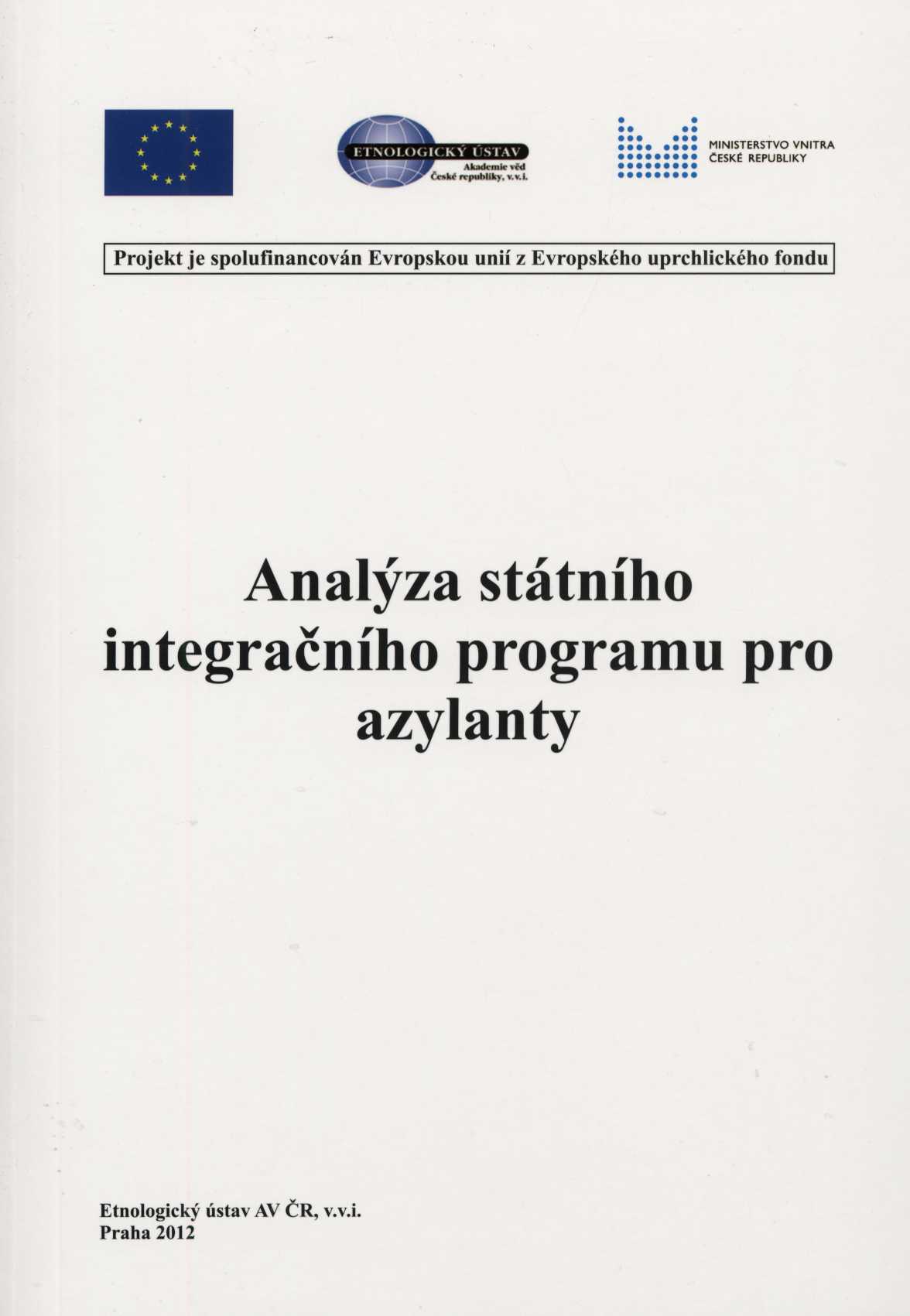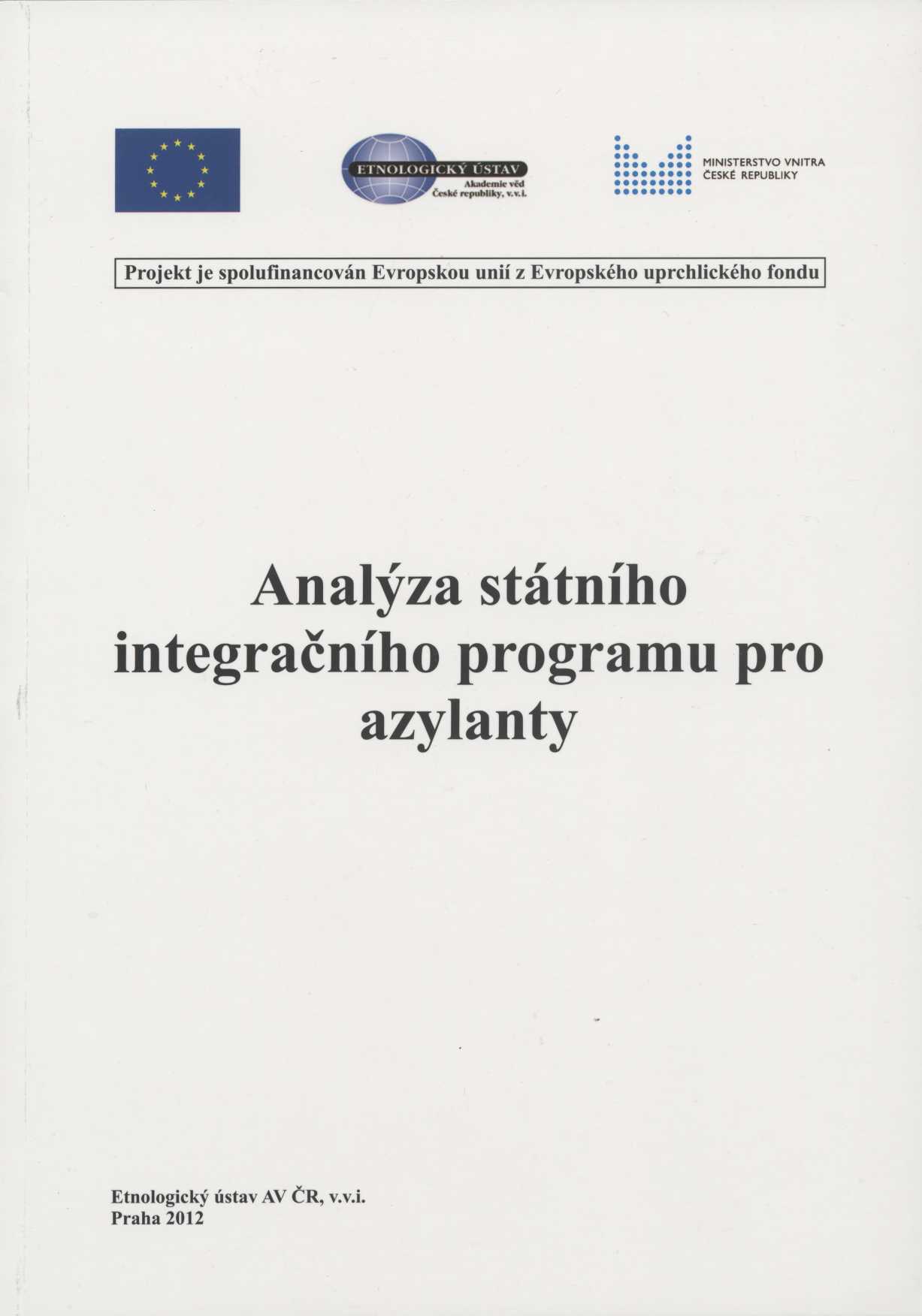The approach of the department uses approaches of contemporary European historical ethnology and related disciplines (especially historical anthropology, microhistory, and cultural history). For the study of the traditional culture in the Central Europe in 16th to 21st centuries various theoretic and methodological approaches are used, placing particular emphasis on ethnocartographic method.
Besides the study of relevant written, iconographic, and material sources from the Central Europe, Italy, Russia, and Scandinavia the department pursues comparative field research in Czech Republic and in the Carpathian region, mainly in Slovakia and Romania. The field research focuses mainly on the strategies of subsistence in local societies in transition. Similar issues are studied during the long term field research among herdsmen cultures in Western Siberia.
The department further focuses on the research of folk architecture, documentation and analysis of contemporary as well as historic forms of folk art, and the comparative study of folk food and alimentation. Further areas of interest are: traditional forms of agriculture, transport, crafts, and the relation of the pre-industrial society to the forests (exploitation, perception).
In the field of spiritual culture, the department staff focuses on the research of folk religiosity from early modern age to the 19th century, ethnocartographic research of the vitality of customs, and comparative research of Czech and European literary folklore.


